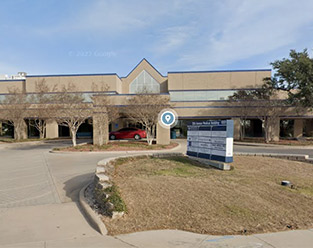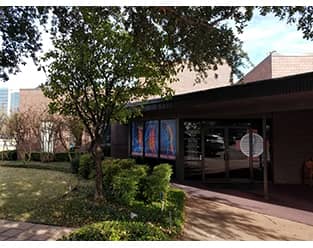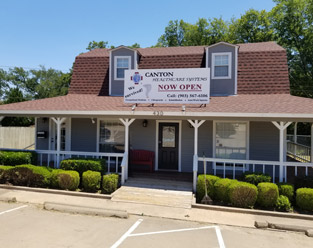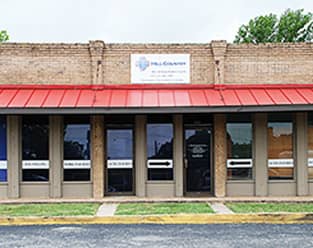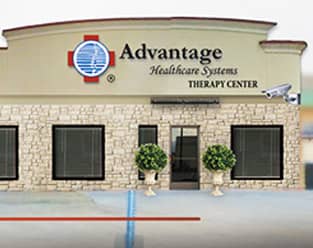Return to Work
Workers’ compensation is a state-regulated insurance program that pays your bills for medically-necessary health care and replaces a portion of your lost wages if you have a work-related injury or illness and your employer has workers’ compensation insurance under the Texas Workers’ Compensation Act.
If a dispute arises about your injury or illness, the first thing you should do is call the insurance carrier and discuss your problem(s) with your adjuster. If you are unable to resolve the dispute, you may request dispute resolution through the Texas Department of Insurance, Division of Workers’ Compensation (TDI-DWC), the state agency that regulates the delivery of workers’ compensation. You may be required to attend one or more dispute resolution proceedings held at the local TDI-DWC office. The Office of Injured Employee Counsel (OIEC) can help you if you do not have an attorney or other representation to present your side of the dispute.
Office of Injured Employee Counsel
An Ombudsman is a specially trained OIEC employee who can assist you free of charge if you have a dispute related to your workers’ compensation claim. You may ask for help from an Ombudsman if you have not hired an attorney to represent you and you do not have any other type of representation. You may request Ombudsman assistance by calling 1-866-EZE-OIEC (1-866-393-6432).
What is Dispute Resolution?
There are several steps that may occur in the dispute resolution process in a workers’ compensation claim: Benefit Review Conference; Arbitration or Contested Case Hearing; Appeals Panel and Judicial Review.
Benefit Review Conference (BRC)
The BRC is an informal meeting held at a local TDI-DWC office where, you will meet with someone from the insurance company to discuss the disputed issues in front of a TDI-DWC Benefit Review Officer. If the dispute is resolved, an agreement may be written and signed by you and the insurance carrier.
A party may also request a BRC to appeal a medical fee dispute decision on a fee dispute filed with the TDI-DWC Medical Fee Dispute Resolution section on or after June 1, 2012. A first responder request for a BRC must be accelerated by the TDI-DWC and given priority in accordance with the Texas Labor Code §504.055.
Arbitration
If the dispute was not resolved at the BRC, the injured employee and other parties to the dispute may agree to resolve the dispute through arbitration instead of proceeding to a contested case hearing. At arbitration an independent arbitrator chosen by TDI-DWC hears both sides of a dispute and makes a decision. The decision of the arbitrator is final and cannot be appealed.
A party may also request to resolve a medical fee dispute by arbitrator after a BRC for fee disputes filed with the TDI-DWC on or after June 1, 2012.
Contested Case Hearing (CCH)
Following a BRC, if all of the parties do not choose arbitration, a CCH is the next level of dispute resolution. A CCH is a formal hearing conducted by a TDI-DWC Hearing Officer who makes a decision about the disputed issue(s) that were not resolved at the BRC. Following the CCH, you will receive the Hearing Officer’s written decision and order.
For more information, please see also Practices and Procedures for Contested Case Hearings. (PDF)
Appeals Panel
After the CCH, any party that disagrees with the Hearing Officer’s decision may request review of that decision by the TDI-DWC Appeals Panel. Instead of holding a hearing, the parties submit written statements describing their position that are reviewed by the Appeals Panel along with the Hearing Officer’s decision and the record from the CCH. The Appeals Panel will issue a written decision, which is the final step in the TDI-DWC’s dispute resolution process.
Judicial Review
If a party disagrees with the TDI-DWC Appeal Panel’s decision, the decision may be appealed to a court of law for a decision.
Attorney Representation
You may hire an attorney to represent you for your claim. An attorney may attend dispute resolution proceedings with you and present any evidence that supports your side of the dispute. The attorney’s fees will be deducted from your income benefit payments as ordered by the TDI-DWC. You may contact the State Bar of Texas for assistance in obtaining an attorney to represent you at http://www.texasbar.com or 1-800-252-9690.
-Cited from TDI.TEXAS.GOV.

